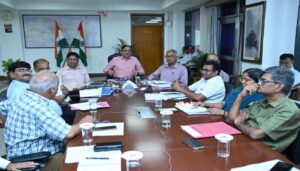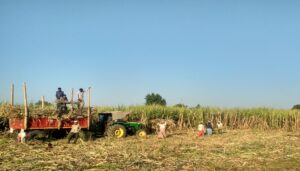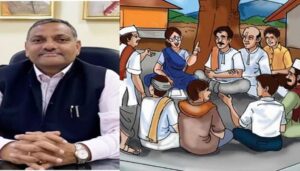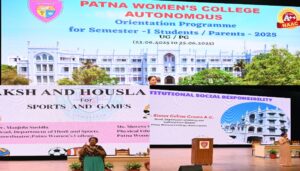High-Stakes Battles Set for Bihar’s Fourth Phase Elections Across Five Constituencies
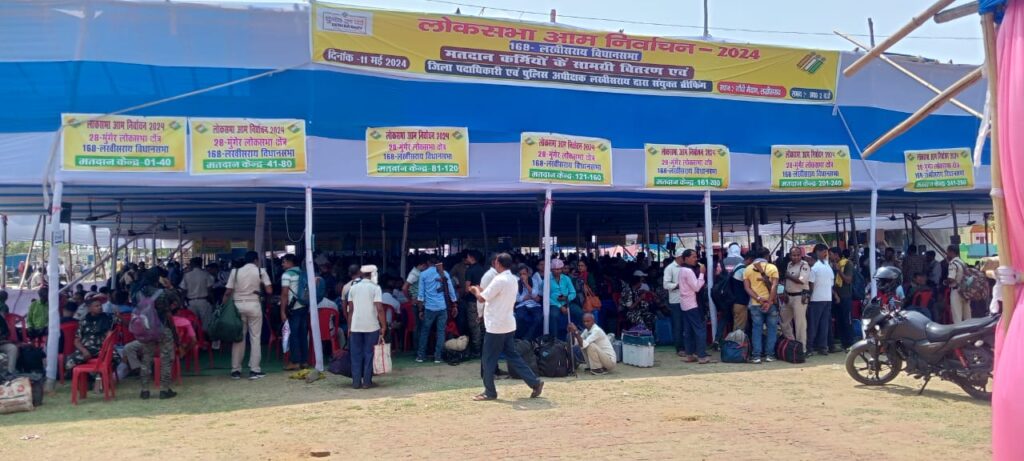
Patna: With the fourth phase of voting slated for Monday in five parliamentary seats of Bihar – Samastipur, Munger, Darbhanga, Begusarai, and Ujiyarpur – the Election Commission has finalized preparations for polling at the booths. A total of 55 candidates are vying for victory across all five seats, comprising four women, 21 independents, 14 candidates from national and regional parties, and 20 candidates from unrecognized registered political parties.
The upcoming phase features candidates from various political affiliations, including five from BSP, one from Congress, three from RJD, three from JD (U), three from BJP, and one from LJP (Ram Vilas). Notably, contenders from influential political families, such as the offspring of Union ministers Giriraj Singh (Begusarai) and Nityanand Rai (Ujiyarpur), along with two ministers from the Nitish Kumar government, will vie for victory. The prestige of incumbents will be tested, particularly in Samastipur, while former JD (U) national president Rajiv Ranjan alias Lalan Singh faces scrutiny in Munger.
The dynamics of this phase include 349 booths designated as sensitive in the Suryagarha assembly segment of Munger Lok Sabha constituency, necessitating polling hours from 7 am to 4 pm. Voting at all other booths will be conducted from 7 am to 6 pm.
A total of 9,447 booths have been established across the five Lok Sabha constituencies, with voting facilitated through 12,753 VVPATs, 11,336 ballot units, and 11,336 control units.
Each booth is equipped to accommodate an average of 1,014 voters. Among these constituencies, four are designated for general candidates, while one is reserved for Scheduled Castes.
An estimated 9,583,662 voters are expected to exercise their franchise in the fourth phase, with webcasting planned at 4,810 booths to ensure transparency.
The electorate presents a diverse demographic, with 2,814 voters aged over 100, 19,848 service voters, 151,482 voters aged 18-19, and 2,142,246 voters aged 20-29. Additionally, 32 booths will be managed by women, with 43 booths designated as model booths to enhance efficiency and accessibility.

